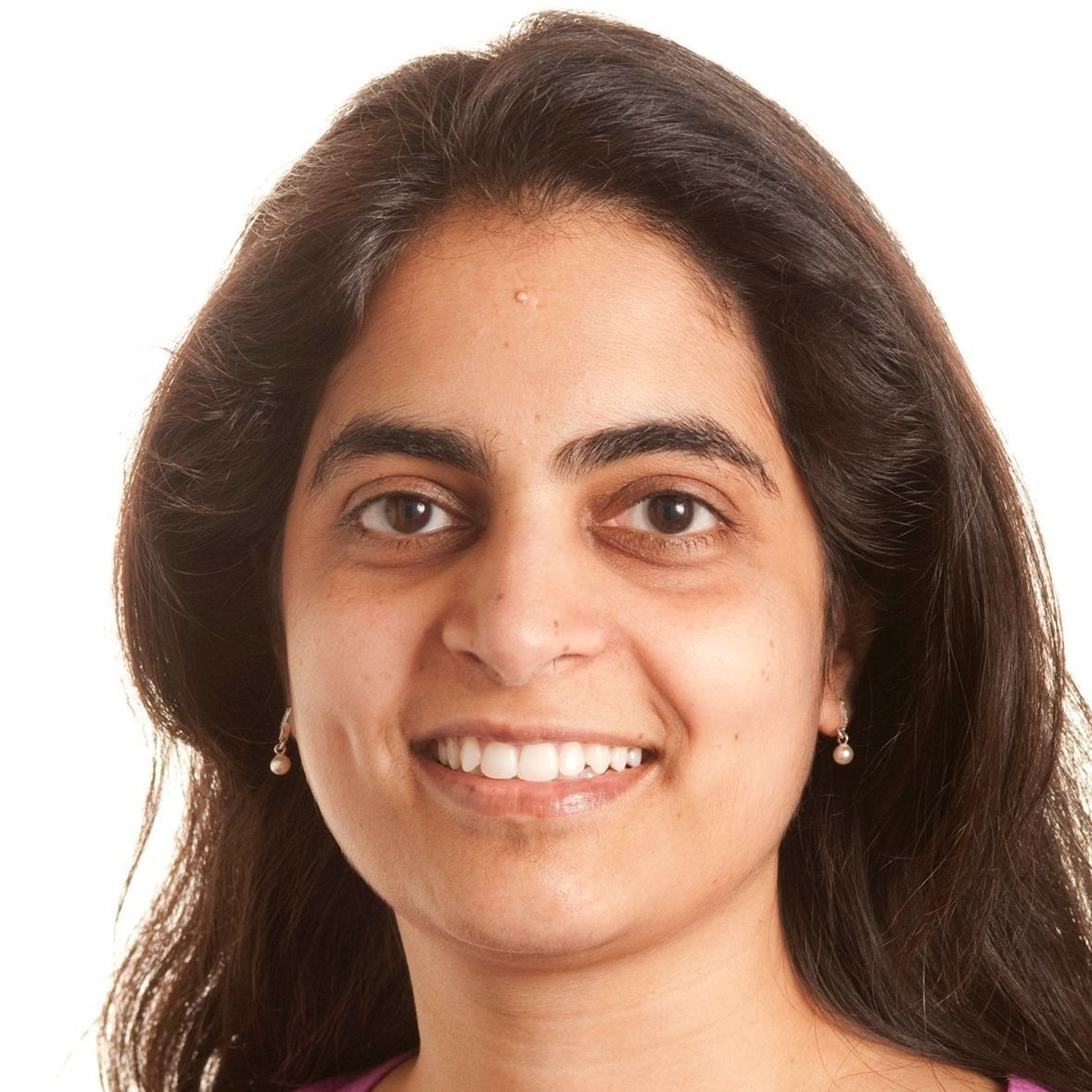
Name: Dr Sheena Ramsay
Institution: Newcastle University
Connection to the Academy: SUSTAIN participant and Academy mentee
Sheena is a Senior Clinical Lecturer at Newcastle University, and took part in the first round of SUSTAIN in 2015-16 as an Academy of Medical Sciences funded participant. We spoke to her about her research, and her experience of SUSTAIN.
Tell us about your research, and what you are hoping to achieve:
I am a public health specialist in epidemiology, working to understand the causes and determinants of diseases at population level. I currently work on a long-term cohort study, which has been running for over 35 years (the British Regional Heart Study) – I am specifically interested in trying to improve oral health, an interest stemming from my origins as a dentist! However, I am also looking at inequalities in cardiovascular disease and age-related conditions such as disability and general frailty. I am trying to understand why certain inequalities exist in these areas of healthcare, and why some groups (for instance lower socioeconomic groups) have higher incidences of disease.
What do you think is the biggest challenge that you face doing your job?
There are many in an academic/ research job, including maintaining the motivation to keep going, pushing past rejections of papers and for funding – it’s a part of academic life! But as an epidemiologist/public health specialist specifically, the biggest challenge for me each day is trying to keep the big picture in mind, and remind myself what the long-term benefits are of the work I am doing – because we don’t get the instant gratification of seeing the impact our work is having on people, as the outcomes are all long-term. Changing population health takes time, from research through to policy – so patience is paramount! I think perseverance is a key asset to have as a researcher in public health.
So what made you decide to get a mentor?
I heard about the Academy’s Mentoring programme at the annual MRC Fellows’ Symposium a couple of years ago, and a friend of mine had been very enthusiastic about the mentorship she received through the Academy. The prospect of speaking to someone external to my institution was very attractive to me, as I had thought it would be good to have a mentor who I wasn’t too familiar with, and who could have a fresh perspective on my career, especially as I moved from being an early to mid-career academic.
Tell us about your experience of SUSTAIN
After I was invited onto the Mentoring programme, I was told by the MRC and the Academy about SUSTAIN, which I was lucky enough to get a place on. It has been wonderful, exactly the sort of programme that I needed! I have specifically enjoyed meeting others in similar situations to myself, and I really value this safe, independent group that we’ve formed to talk about the challenges that we face as researchers. It is comforting to see how an academic in Cardiff has the same issues, and meeting all these amazing female researchers from across the country has been brilliant. The programme has also given us a combination of training, both in harder skills as well as softer– for instance in grant writing, but also in ‘personal impact’. SUSTAIN’s training programme touches on everything - from leadership development, management skills, personal ambition to research skills.
How do you think SUSTAIN will affect your future career/career development?
The SUSTAIN programme is going to have a big impact on me personally. It has already helped me apply skills related to team working, presentations, and interviews. It has also helped me think through situations that mid-career academics face. For example, it has enabled me to take up a new post as a Senior Lecturer at Newcastle University.
Can you describe your mentoring relationship in five words?
- Enabling
- Challenging (in a positive way!)
- Motivating
- Trusted
- Independent - being able to have an independent view from someone who has been there herself
- If I can add a 6th - generous (on part of my mentor and the Academy for initiating it)
Do you feel that the mentoring relationship has specifically helped you prepare for a leadership role?
Absolutely, without a doubt. I now recognise that I can ‘do it’ – she has challenged me to take up new responsibilities I hadn’t thought of previously, to find a different solution to small problems, and to step out of my comfort zone. Additionally, I was encouraged to look outside of my immediate realm of daily life, where you become used to doing things in a certain way and style, which has helped me with the way I manage my team. SUSTAIN and the mentorship in particular has made a significant impact on me in terms of helping me take the necessary steps toward establishing myself as an independent researcher.
What are your tips for being a good mentee?
- Thinking about what you want out of the relationship – prepare thoughts and discussion points on the areas you might want to talk about.
- Be open to being challenged by your mentor – they want to see the mentee flourish and progress.
- Appreciate your mentor’s view and experience.
- Finally - remember that they are not there to judge you!
To find out more visit the SUSTAIN Programme page and the Mentoring programme page.
If you want to learn more about how to set up a programme like SUSTAIN in your organisation, please get in touch at [email protected].